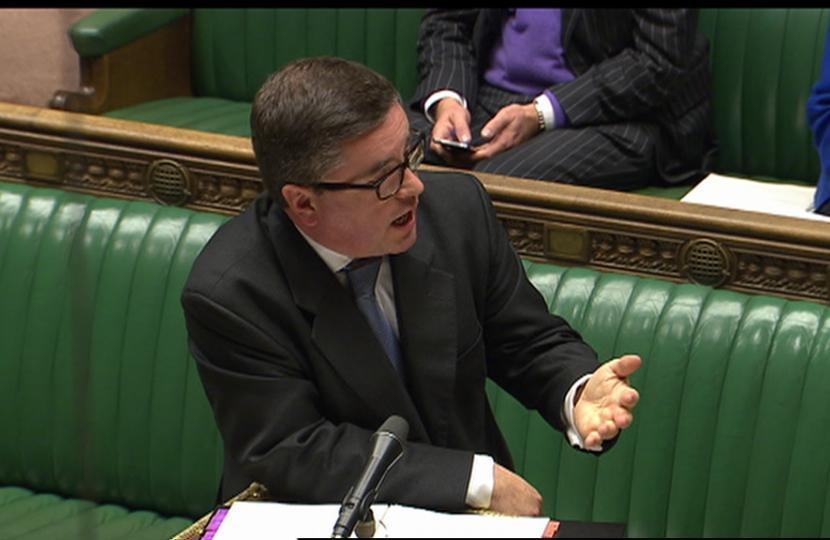
Back in January the Times Health Commission reported that rising levels of ill health are estimated to cost the UK economy a staggering £150 billion. That’s three times the defence budget.
The cost to the Treasury — and to enterprise and growth — is dramatic. The present sick pay system is estimated to cost the exchequer about £55 billion in benefit payments, NHS costs and tax forgone due to health-related worklessness. The government is, in effect, subsidising low sick pay. Our remarkable track record of getting people off benefits and back into work risks being held back by the challenge of ill health and the huge knock-on costs that come with it.
Most of us try to battle on when we’re sick, but some days we all know that going to work will only make things worse. We’ll end up sicker, for longer, and be less productive. We might also end up spreading an illness to others.
However, some people may feel they have no choice because of the financial cost of taking time off to recover. About two million hard-working British people from cleaners to couriers, to hospital staff don’t get any sick pay at all. A further third of Britain’s workforce, an estimated ten million people, are only offered the statutory minimum, so do not get sick pay for the first three days of absence.
If one of these workers were to suffer an accident, be diagnosed with a serious illness or come down with a bad bout of flu, it is only going to make matters worse if they can’t pay the bills.
Then there are the people who might have already fallen out of employment due to illness, who want to get back into work. Recent data from the Office for National Statistics finds there are more than 500,000 people aged 16-64 who are off ill but keen to get back into paid work. Changes to sick pay could complement other measures already announced in Jeremy Hunt’s “back to work” budget and encourage this group to return to work and play their part in Britain’s economy.
Back in 2019 our Conservative government identified some of the changes to statutory sick pay — the legal minimum that employers offer — that would be welcomed by workers and business leaders alike. In July 2019 we looked at proposals to reduce ill-health-related job loss; 75 per cent of respondents to the consultation agreed that statutory sick pay should be extended to the two million employees who don’t get any sick pay at all. This measure was supported by small and large employer respondents.
The government has an opportunity to grasp the nettle and take forward these popular reforms. A modest investment in supporting those affected by ill heath will save businesses money by reducing the impact and risk of longer term absence, help efforts to support recruitment, retention and employee morale, and provide a boost to our economy.
The government can be both tough on those who need a nudge to get back into work and compassionate to those who through no fault of their own need time to recover. These simple tweaks to the system would ensure all workers get sick pay from their employer from day one of their illness. Second, we could ensure that every worker can access at least some sick pay from their employer.
We don’t want people reliant on handouts when they just need a hand up. We want a sick pay system that is good for growth, good for public health and good for working families. Let’s help people who are ill get back on their feet and back to work.
Priti Patel is a former home secretary and Conservative MP for Witham;
Sir Robert Buckland is a former lord chancellor and justice secretary and Conservative MP for South Swindon




